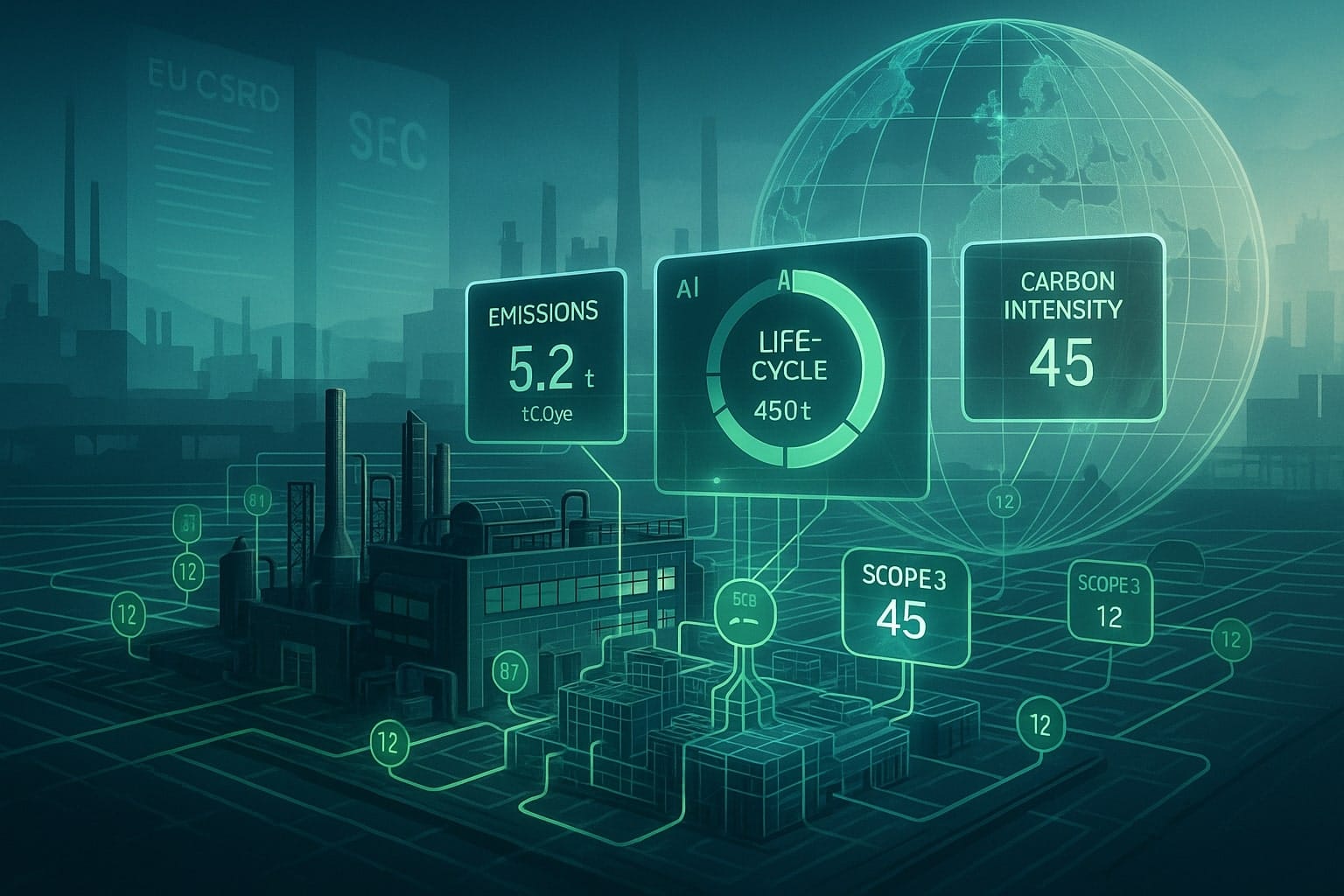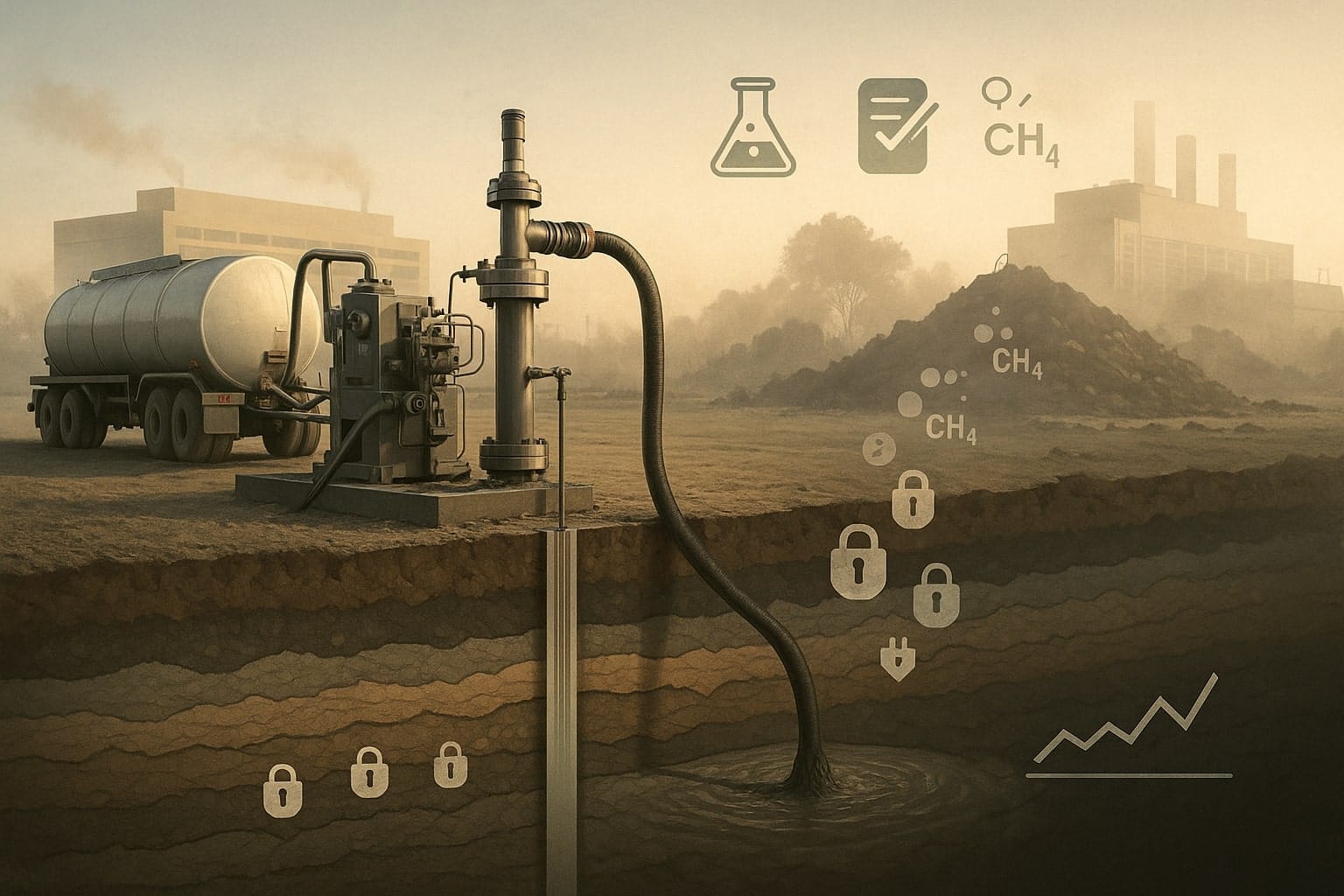In a major milestone for global climate governance, the UN has approved mandatory environmental and human rights safeguards for projects under its carbon market mechanism. This agreement was reached during a key meeting in Baku and marks a significant step in ensuring the integrity of the carbon crediting system established under the Paris Agreement.
The new rules require all carbon market projects to assess and mitigate risks to both the environment and communities. These safeguards are to be enforced through the Sustainable Development Tool, which evaluates the impacts of projects throughout their lifecycles. The tool will ensure that projects promote sustainable development without causing harm to people or the environment.
Table of Contents
ToggleHistoric Moment for Global Climate Action
This decision by the Article 6.4 Supervisory Body completes a long-standing goal of formalizing human rights protections in the UN’s carbon market. According to Maria Al Jishi, Chair of the Supervisory Body, “These safeguards will not remain static – we aim to iterate and strengthen them over time, ensuring the UN carbon market contributes to sustainable development.”
Earlier in 2024, the Supervisory Body introduced the Appeals and Grievances Procedure, allowing affected communities to challenge decisions and seek justice if they are harmed by carbon market projects. This mechanism provides new accountability for activities that may negatively impact vulnerable populations, addressing past criticisms of carbon market mechanisms.

Importance of the Safeguards
The safeguards are crucial in avoiding the environmental and social abuses seen in past carbon offsetting schemes, such as those under the Kyoto Protocol’s Clean Development Mechanism. Critics have pointed out that without strict regulations, carbon market projects risk harming indigenous communities and causing environmental degradation. The new mandatory standards set by the UN aim to prevent these issues by incorporating robust human rights protections into the framework from the outset.
Future Developments
In the coming days, the Supervisory Body is expected to finalize additional documents necessary for the full implementation of the carbon crediting mechanism, including methodological guidelines and specific rules for activities involving carbon removal. The safeguards will be reviewed every 18 months, ensuring they remain effective and responsive to feedback from stakeholders.
With these developments, the UN carbon market moves closer to becoming a key tool in global efforts to reduce greenhouse gas emissions while ensuring that climate actions do not come at the expense of human rights or environmental integrity.












